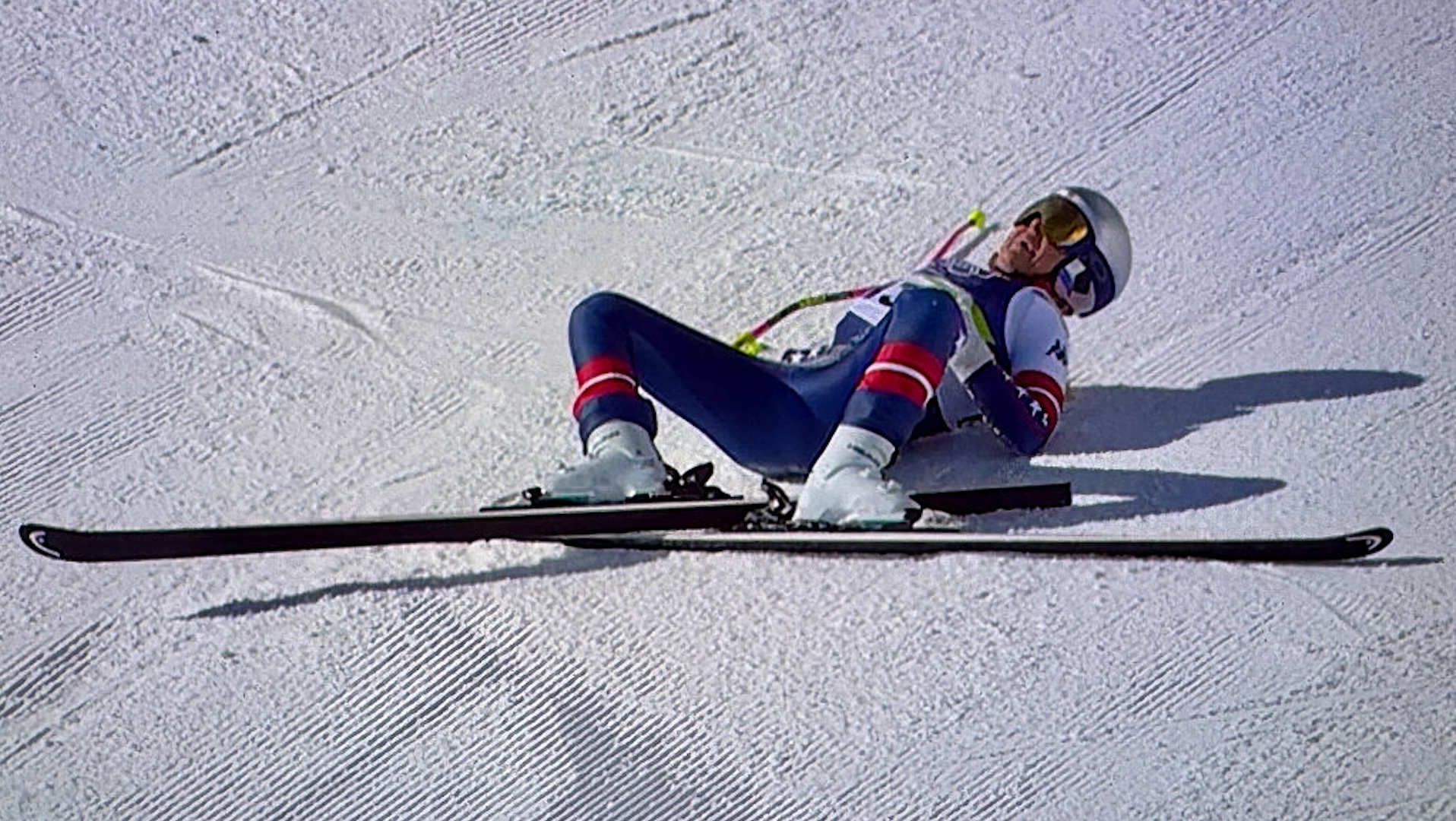In yesterday's story, How To Watch Cycling, I wrote offhand that the Tour de France was "poker on two wheels." That poker game is an important element of tactics, but it's not the only one. With the Tour so close and so much more coverage to come, it seemed worth addressing the principles of team tactics a little more thoroughly. How do the teams fight each other? What are they fighting for? And why is that interesting?
A team's primary weapon is riding hard enough to exact a toll on riders who want to stay in the peloton. Imagine a stage where the day's breakaway is not getting away from the peloton. Imagine that over the remainder of the stage there are, say, four medium to medium-hard climbs spread out over 100 kilometers. The team that has been managing the pace on a hilly day suddenly champs down on the bit and starts attacking. Their riders are taking turns setting a grueling pace, sustained by a willingness to accept burning some serious fuel. Whether that means a single rider pushing their limit or several riders taking turns expending serious efforts and then relieving each other, someone is going to expend more effort than the average rider could fully recover from by the next day.
If you are not in the team pounding the pace, this is a test of strength. Any mistake will be punished. The hive-like safety of the peloton does not passively exist anymore, as you know that the fastest your team can collectively sustain by trading places at the front will not be fast enough to catch the leading team. One hundred kilometers is too far and four medium–to–medium-hard climbs too rugged for you to feel comfortable about your chances anyway. If you do slip, then you are at risk of losing time. Time is one of several currencies on offer at the Tour, arguably the most important one, as the overall victory for its team leader is the most prestigious and lucrative possible prize for any team. Time is expressed in the negative: How many minutes and seconds you are behind the race leader. Getting lost on a peloton split means losing time.
Another joy of cycling tactics: learning the floating exchange rate between distance and time.
Eventually, the pace might be so severe—on a mountain stage, it is by definition severe—that riders start tumbling off the back of the peloton. Teams decide to bail. The price of time has gotten too high, and all that's left to do is preserve strength for other stages. Stages that suit your team better, to some degree, are coming. You could still win one of those. Time over your rivals is still the main prize, but stage wins are not far behind. The larger your time advantage is, the more expensive stage wins are, because more teams will find it worth the cost to chase you—in the poker analogy, to call your team's bluff. If time doesn't matter, you will be seen as a less serious threat, so you will be permitted entry into breakaways and moves without immediately provoking the pace-setting team's alarm bells. Teams at the bottom of the race hunt for stage wins, which requires different tactics than racing for time: namely, more riding without a teammate for a stage and having to fend for yourself.
What is especially fascinating about stage racing is that neither of these two tactical paradigms can fully accommodate the other, which leads to constant turmoil over who is dictating terms. That's what the best team in this imagined scenario is doing. If their turn of pace is splitting the peloton, they're doing their job. The leader of that team is nestled, riding comfortably at the back of their teammates' train. This turn of pace is forcing their leader's rivals to fight with them. The terrain is not so hard that the other good teams can't manage it with their best effort, but they do not want to have to put forth their best effort over such a long distance, as it might cost them some number of domestiques, if pushing so hard or for so long or at so severe a gradient leaves them unable to drill it again like that tomorrow, or at some point down the road over the next however-many weeks.
This is what riders mean when they say no other race is like the Tour de France. In another mutually reinforcing arrangement, the Tour is both the hardest and most meaningful race on the calendar. The Tour takes place just on the downhill side of the season, so everyone is reasonably battle-tested, prepared to go all-out to have a good Tour. That discordant strain between verb and object is intentional there, to emphasize that the range of available victories at the Tour is broad but not broad enough for every team and rider to leave happy. There is necessarily tension that can only be resolved by racing for whatever objective your team needs to have had a good race.
Fifteen riders want to go top-seven at this year's Tour. Many riders think they can win a stage, and every team thinks it can. All of them being right is not mathematically possible: For example, there are twice as many big-time sprinters as obvious sprint stages at the Tour.
The best rivalry in the sport has been decided at the Tour for five years straight. We will have a full preview tomorrow. We will also have coverage of the real thing, from the ground! I will be going to France to follow along with and report from the second half of the Tour, beginning with Stage 11 in Toulouse. I want to bring you stories of the riders, fans, and teams. Why the second half? As you will see tomorrow, that's the one with all the mountains in it.






